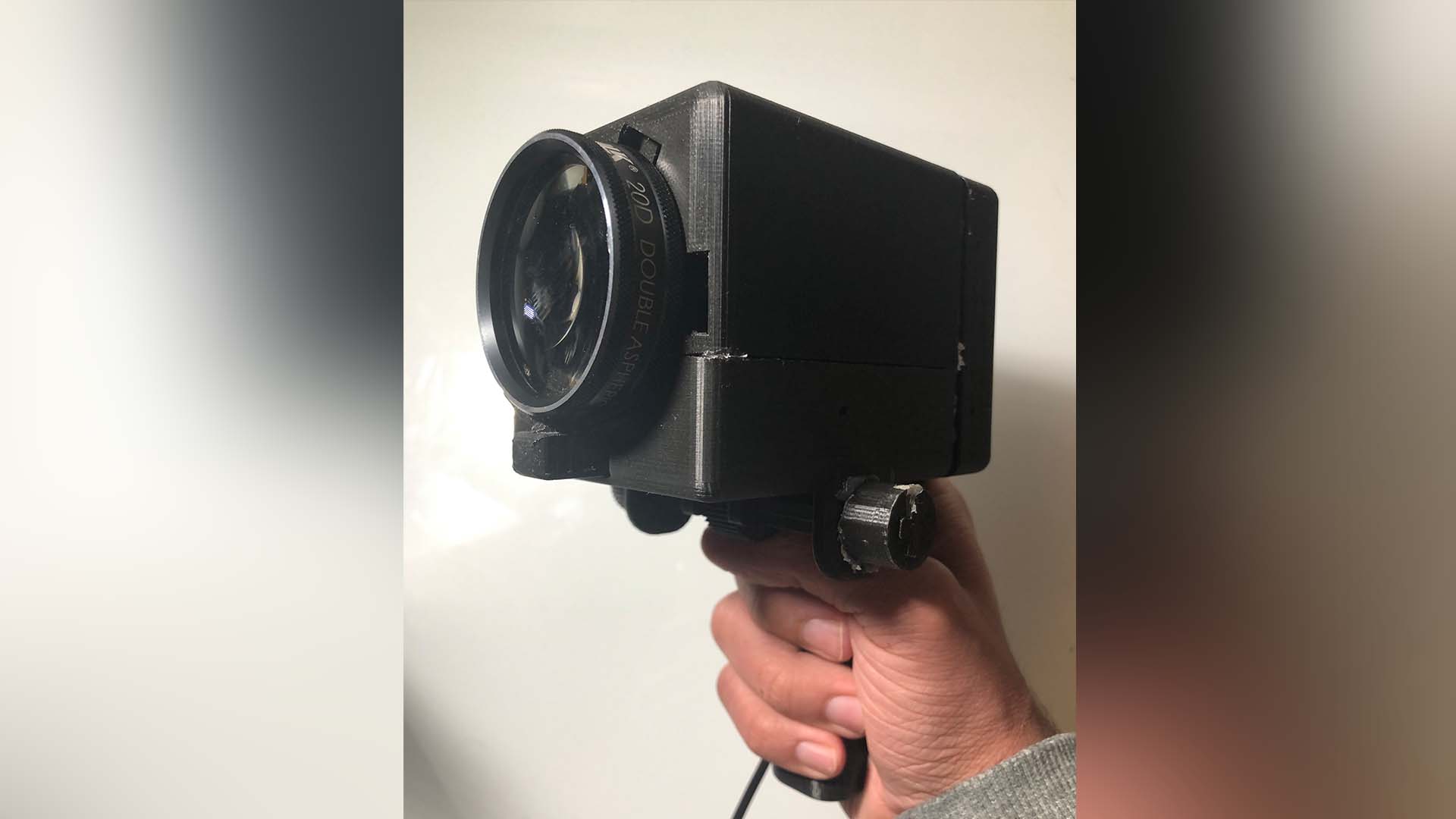
Grade 10 Student Sets Sights on Global Eye Health
For Hardit Singh, a Grade 10 student at Cameron Heights Collegiate Institute in Kitchener, his journey in improving global eye health began when a friend’s detached retina went misdiagnosed. This sparked Singh’s interest in ophthalmology, a branch of medicine that deals with the diagnosis and treatment of disorders of the eye.
“That really got me interested — like, if this can happen in a richer and more developed area like Waterloo, what could the conditions be like in other areas which don’t have as much access?” Singh said to CBC Kitchener-Waterloo in September.
This led to Singh’s invention of Speculor and a second-place finish at the European Union Contest for Young Scientists. Speculor is a hand-held portable imager that photographs a patient’s eye, and uses artificial intelligence (AI) to screen for disease.

Importantly, the Speculor costs just a fraction of other comparable medical devices, at approximately $300. Similar devices can cost up to $5,000.
The portable design would allow medical workers in the field to bring it with them to remote locations and test a large number of patients at once. This would help to improve access to care for those all around the world. Globally, at least 2.2 billion people have a near or distance vision impairment. In at least 1 billion – or almost half – of these cases, vision impairment could have been prevented or has yet to be addressed, according to the World Health Organization (WHO).
“I’m trying to help people have the ability to see,” said Singh.
So what’s next for Singh? He hopes to launch a company to help bring the Speculor device to fruition and to make it available for use around the world.
In the near future, he is setting his sights on the Canadian Physics Olympiad, a test designed to identify students who have a talent for physics and prepare them for participation in the International Physics Olympiad.
